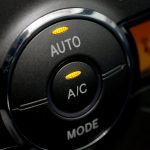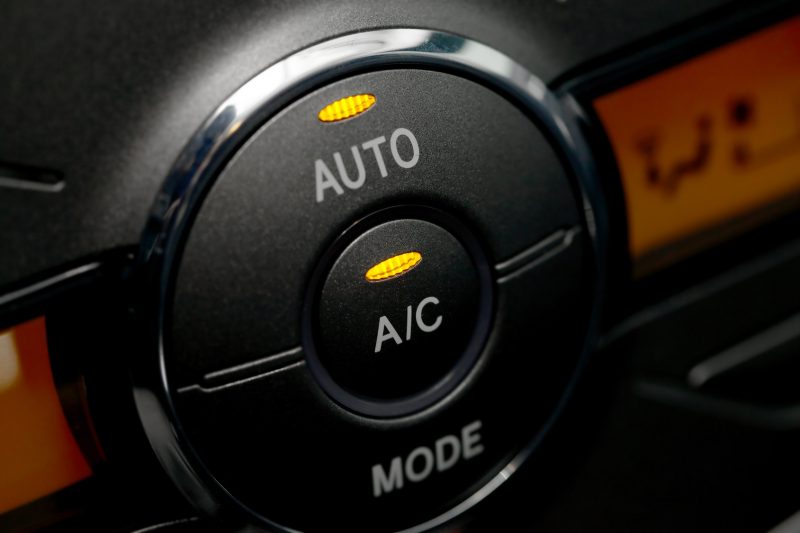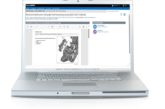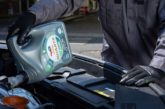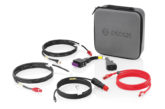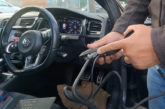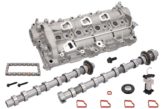You know the symptom, but do you know the cure? First Line Group explains.
COOLING SYSTEM LEAK
Typically, leaks can occur in any part of the cooling system, but if there is no visible evidence of the leak, then a pressure test should be carried out.
INCORRECT COOLANT GRADE/CONCENTRATION
Always use the correct grade/mixture of coolant, as recommended by the VM. The wrong coolant can result in internal corrosion or engine overheating. Best practice is to perform a full coolant flush and refill, especially if replacing a major cooling system component, such as a water pump.
AIR LOCK IN THE COOLING SYSTEM
Any air trapped in the system will restrict the flow of coolant. Always follow the VM’s recommended procedure for bleeding air after any work has been done on the system or if an air lock is suspected.
FAULTY THERMOSTAT
If the thermostat becomes stuck in the closed position the coolant cannot circulate around the system and the engine will over-heat very quickly. The end result could be significant engine damage.
BLOCKED COOLANT PASSAGEWAYS
Any sediment, dirt, corrosion or other contaminants in the system can block or impede the flow of coolant. Therefore whenever a major component is replaced the coolant should be flushed and replaced at the same time.
FAULTY RADIATOR
A blocked, damaged or leaking radiator will mean that the cooling system loses efficiency and can easily lead to increased engine temperature and overheating.
SPLIT/WORN HOSES
A cracked or split hose will result in loss of engine coolant.
RADIATOR FAN
The fan increases air flow over the radiator to ensure the cooling system functions correctly, particularly when travelling at low speeds or stationary. If the fan is not functioning then the vehicle is likely to suffer from overheating under these conditions.
LOOSE OR BROKEN BELT
If the drive belt is loose or broken, the pump will not be operating at the correct speed. This could result in a reduced coolant flow which, potentially, could lead to the vehicle over-heating.
FAULTY WATER PUMP
As the most important component in the cooling system, any malfunction of the water pump can prevent adequate coolant flow and result in engine over-heating. The complete First Line cooling range totals nearly 1,700 part numbers and includes other products such as thermostats, radiator caps, temperature sensors/senders, coolant flanges and fan switches.

